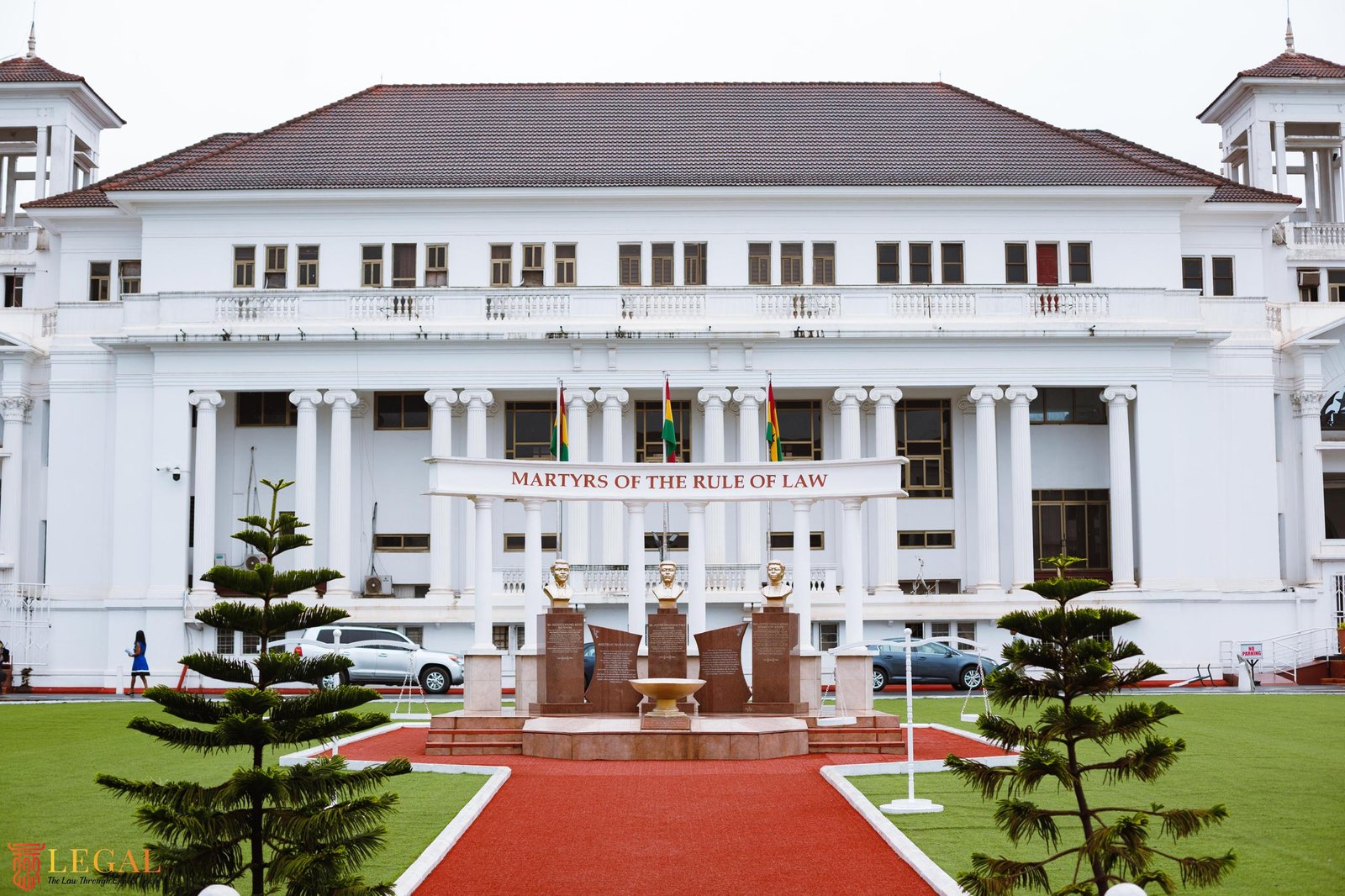
ABSTRACT
This article critically examines President John Mahama’s recent Supreme Court nominations in Ghana, situating the process within the constitutional, political, and public discourse. It analyzes the legal framework governing judicial appointments, emphasizing the critical roles of the Judicial Council and Parliament in ensuring the integrity and competence of nominees.
Drawing on both domestic and comparative perspectives-including the United States Senate confirmation process and India’s collegium system-the article highlights recurring criticisms of superficial vetting, partisan influence, and threats to judicial independence. It further explores calls for reform aimed at fostering greater transparency, merit-based selection, and public trust in the judiciary. Through detailed case studies and academic commentary, the article argues that robust, constitutionally sound appointment processes are essential for upholding the Supreme Court’s role as a guardian of Ghana’s democracy and the rule of law. The analysis concludes with practical recommendations for reform and a reaffirmation of the judiciary’s foundational importance in safeguarding Ghana’s constitutional order.
Read the full article below











